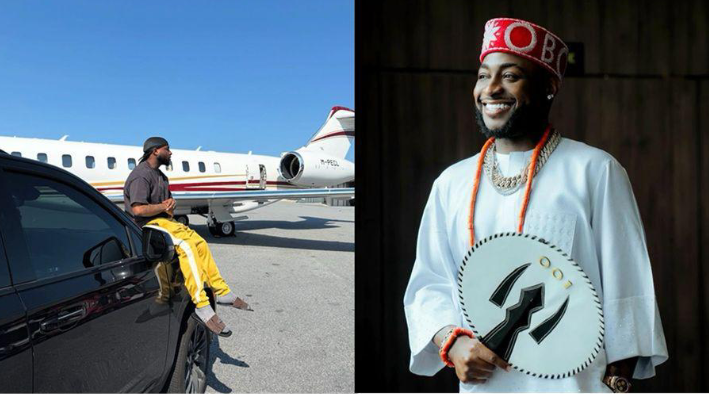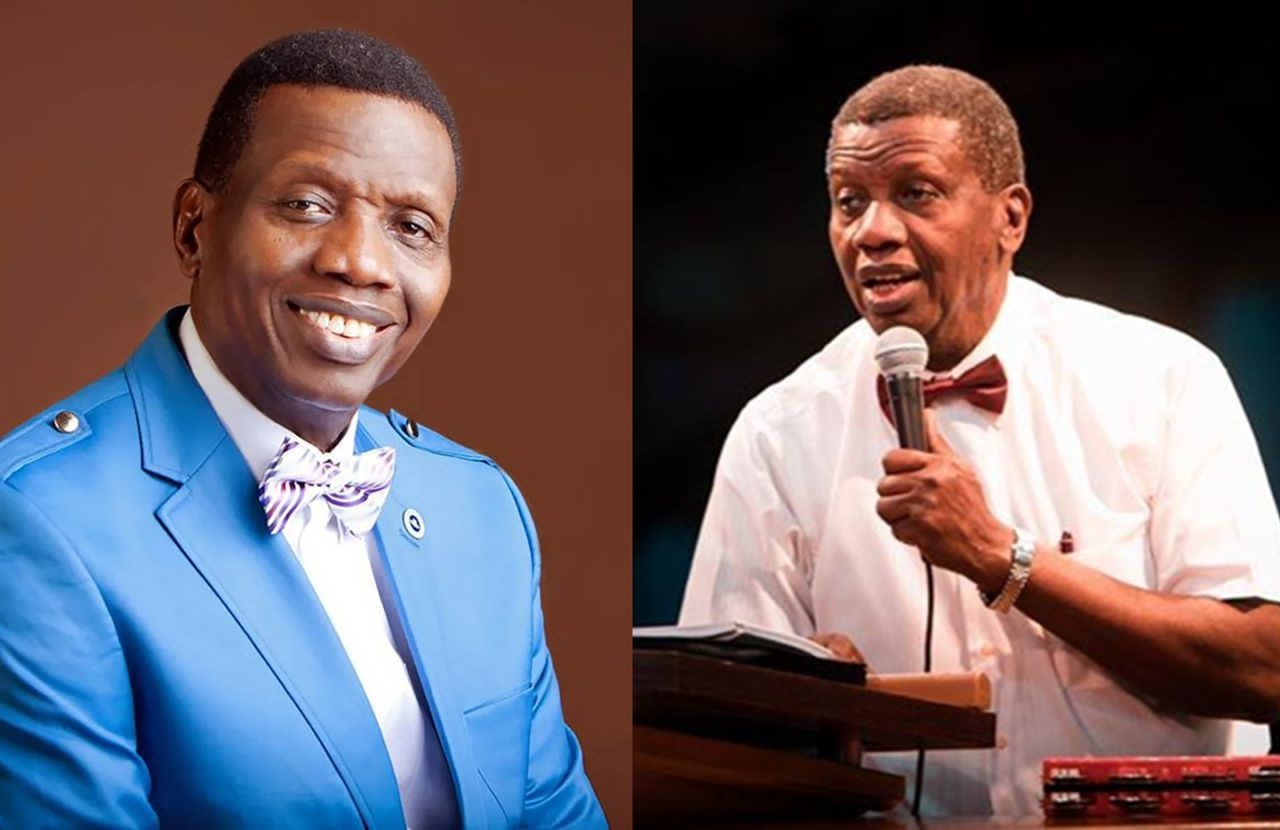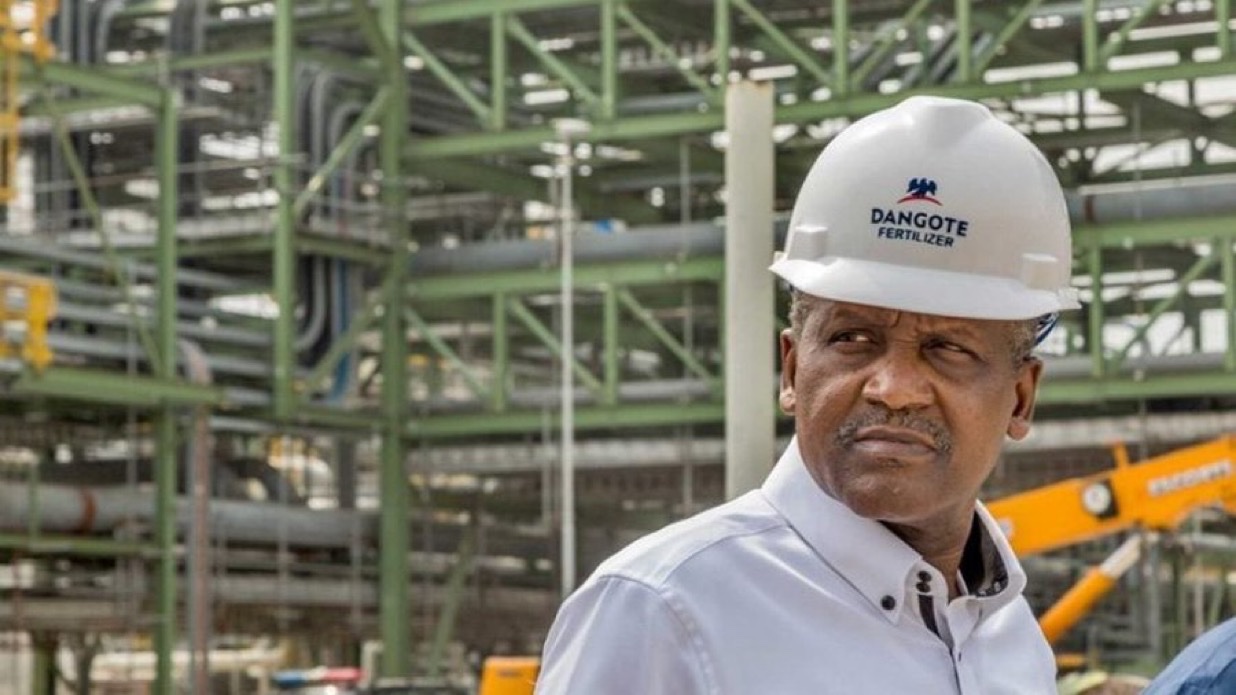
Davido Sparks Frenzy Online with Vulcanizer Rebirth Comment Amidst Private Jet Drama

Nigerian superstar David Adeleke, popularly known as Davido, has once again lit up the internet after delivering a sarcastic and unapologetic response to critics attacking his private jet lifestyle. The award-winning musician, who has never shied away from flaunting his luxury, took to social media to jab at online trolls, mocking their apparent irritation with his globetrotting lifestyle in a private jet. In a bold and witty statement, Davido wrote, “This free jet wey I dey fly all around the world dey really pain una… I'm sorry it’s my birth rite… in my next life I go come back as vulcanizer ma.”
The statement, filled with characteristic humor and street-savvy sarcasm, has since gone viral, fueling debates on class, privilege, and the perception of celebrities in Nigeria’s digital sphere. While some fans found the comment hilarious and hailed Davido’s knack for dishing out savage comebacks, others accused him of being insensitive and dismissive of the socio-economic realities most Nigerians face.
The saga began after a wave of criticism was thrown at the singer for allegedly flaunting a lavish lifestyle many believe he didn’t earn “on his own.” The specific trigger remains unclear, but conversations had been simmering around the authenticity of his private jet ownership, with some trolls alleging that the aircraft belonged to his wealthy father, Deji Adeleke, and not to the singer himself. Davido, never one to ignore the jabs, decided to fire back with the now-trending tweet that reads like a masterclass in trolling.
The phrase “in my next life I go come back as vulcanizer” quickly caught fire across X (formerly Twitter), TikTok, and Instagram. Social media users, especially within Nigeria, began spinning memes, voiceovers, and reenactments, turning Davido’s words into one of the most viral online moments of the week. The term “vulcanizer,” which typically refers to roadside mechanics who fix tires for commercial vehicles, added an extra layer of irony to his jab—suggesting that even in a less glamorous life, he would still find a way to make people talk.
As the tweet continued to gain traction, some users attempted to decode Davido’s subtle layers of meaning. Was he mocking the hustle of the everyday Nigerian? Was it an attempt to underscore the futility of online envy? Or simply another off-the-cuff moment from a man who has never been shy about his billionaire lineage?
While critics were quick to accuse him of being tone-deaf and flaunting his wealth in a country battling economic hardship, inflation, and unemployment, Davido’s fanbase—famously known as “30BG”—defended their idol. They argued that the singer has always been generous with his wealth, pointing to his philanthropic efforts, including his 250 million naira donation to orphanages in 2021 and his countless giveaways and school support programs over the years.
Davido has always walked the fine line between privilege and pop culture. Born into wealth but determined to chart his own course, he famously said in an earlier interview, “I’m not successful because of my father; I’m successful in spite of him.” Despite his affluent background, the singer has worked relentlessly to cement his place as one of Africa’s top music exports. With multiple international collaborations, sold-out arenas, and a slew of Billboard-charting hits, his influence extends far beyond Nigerian borders.
However, wealth-shaming is not new in Nigeria’s socio-digital landscape, especially when celebrities are involved. As more people face economic strain, flashy displays of luxury are often met with resentment or scrutiny. For Davido, who has built a brand on both relatability and royalty, this tension is almost inevitable. Still, his online persona—unfiltered, entertaining, and always ready for a clapback—remains one of his most powerful tools in the ongoing battle of perception.
Social analysts weighed in on the recent uproar, stating that Davido’s comment reflects a growing trend where celebrities are beginning to push back against the constant policing of their lifestyle choices. “We live in an era where fame is heavily democratized,” said one Lagos-based pop culture commentator. “The public feels an unhealthy sense of ownership over celebrities’ lives. So when someone like Davido flexes, people feel personally attacked, forgetting that this is someone who also hustles in his own right. The vulcanizer comment? It was satire—loud, dramatic, and very Davido.”
In the midst of the online storm, Davido has shown no signs of slowing down. Just days after his viral tweet, he was seen performing in Europe, posting videos from exotic destinations, and sharing snippets of his upcoming projects. His detractors may continue to analyze his privilege, but it seems the artist has mastered the art of letting the criticism fuel his momentum.
Interestingly, the “vulcanizer” reference is now being reinterpreted by fans as a symbol of grit and reinvention. TikTok creators have started a trend where they dress as vulcanizers while lip-syncing to Davido’s music, celebrating the idea that no matter the station in life, people should own their hustle and be proud. One popular video caption reads, “Even as vulcanizer, na me go dey use jet dey go fix tire for Dubai.”
Whether you love or loathe his bravado, one thing is certain—Davido knows how to dominate the headlines. His ability to stir controversy, spark conversations, and still come out on top speaks volumes about his mastery of both music and media. From his platinum records to his platinum comebacks, Davido continues to embody the complexities of fame in the digital age.
As the tweet continues to echo across the timeline, it stands as a reminder that in the world of Nigerian entertainment, few can command attention quite like Davido. Love him or hate him, his voice will always be heard—whether he’s flying in a private jet or “fixing tires” in his next life.


